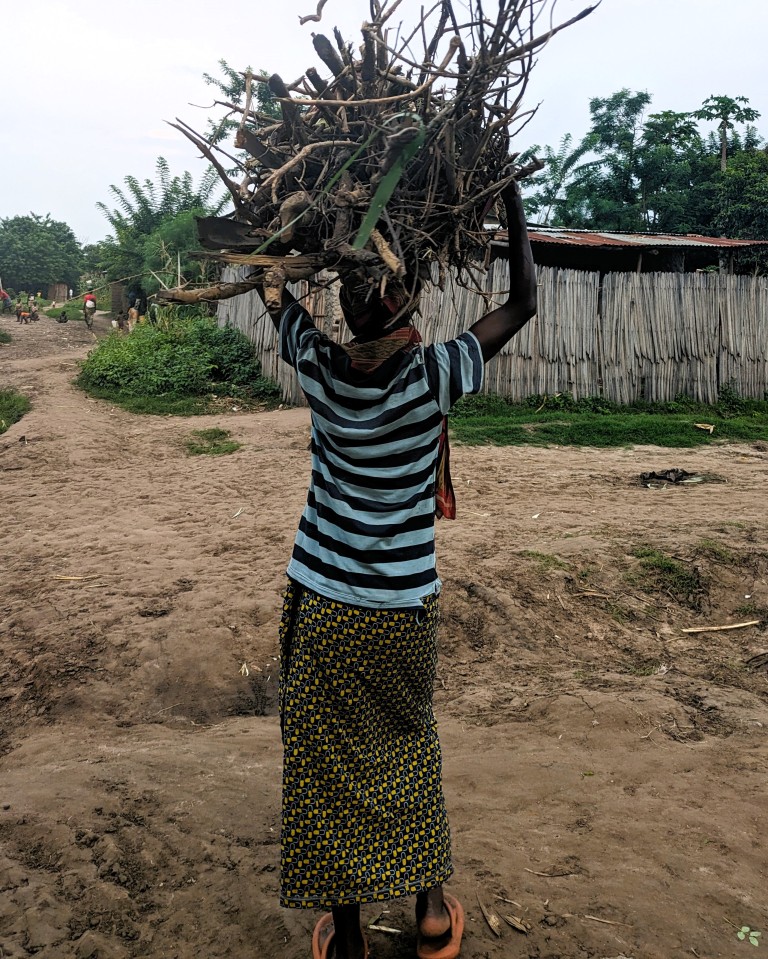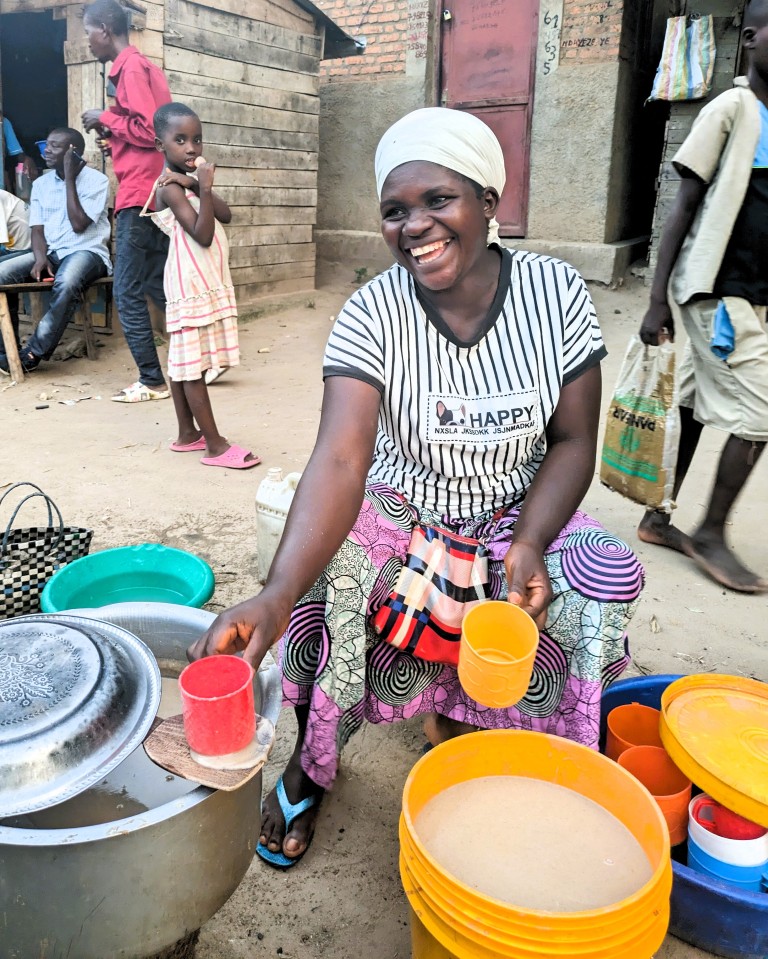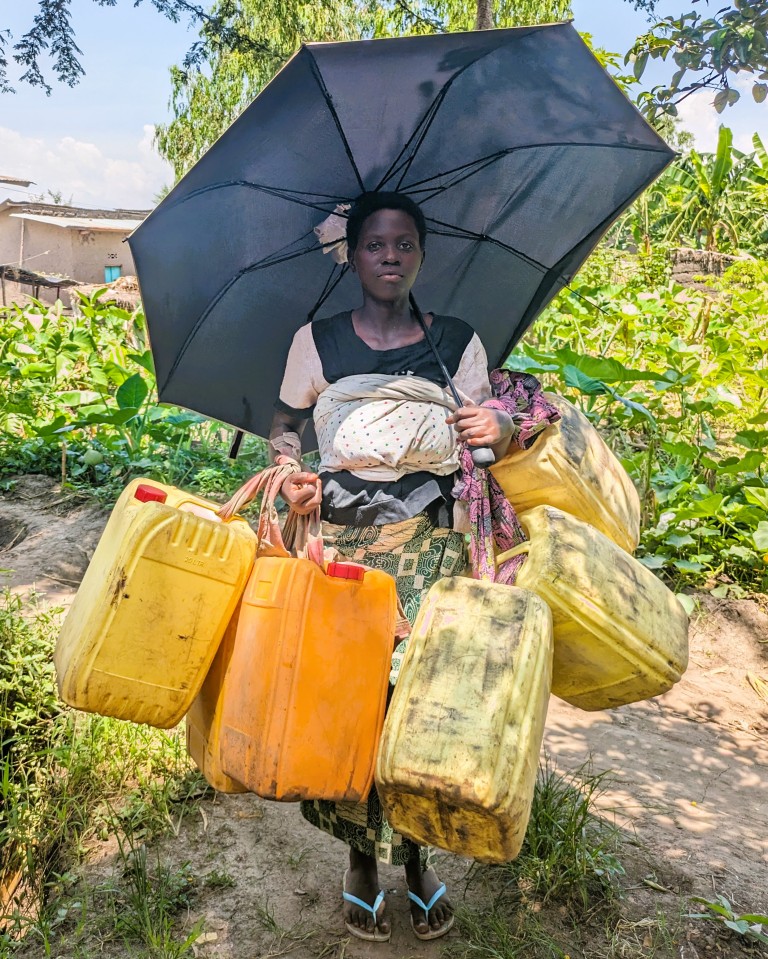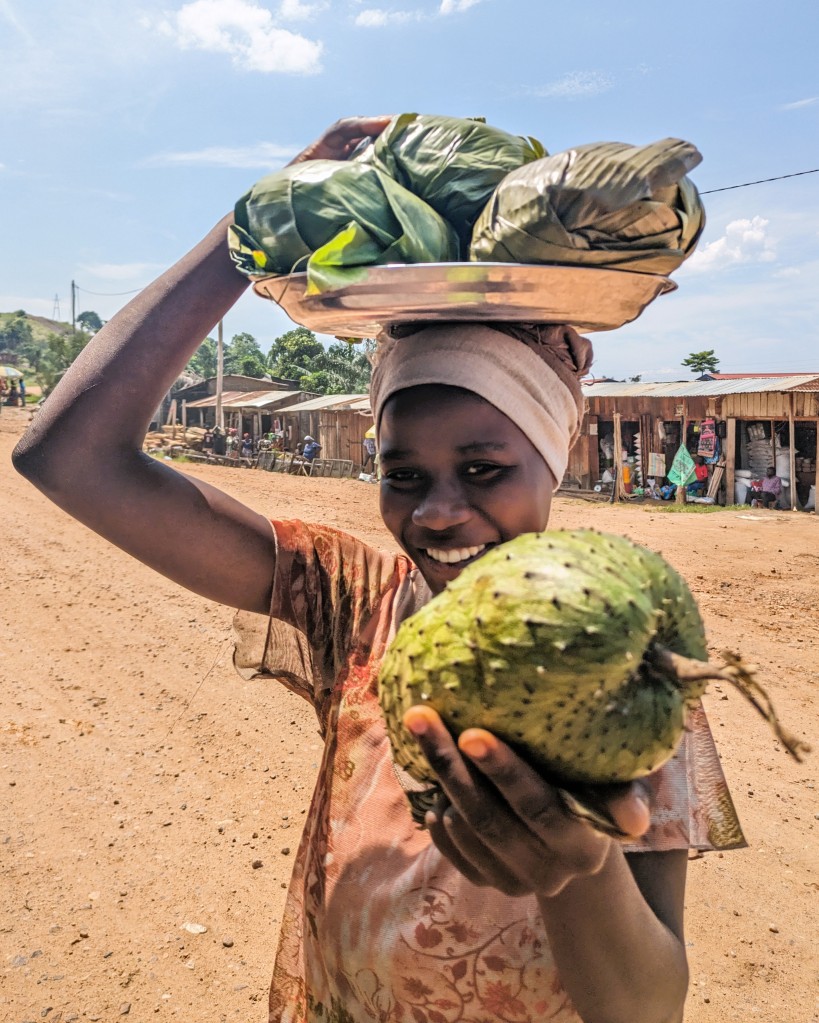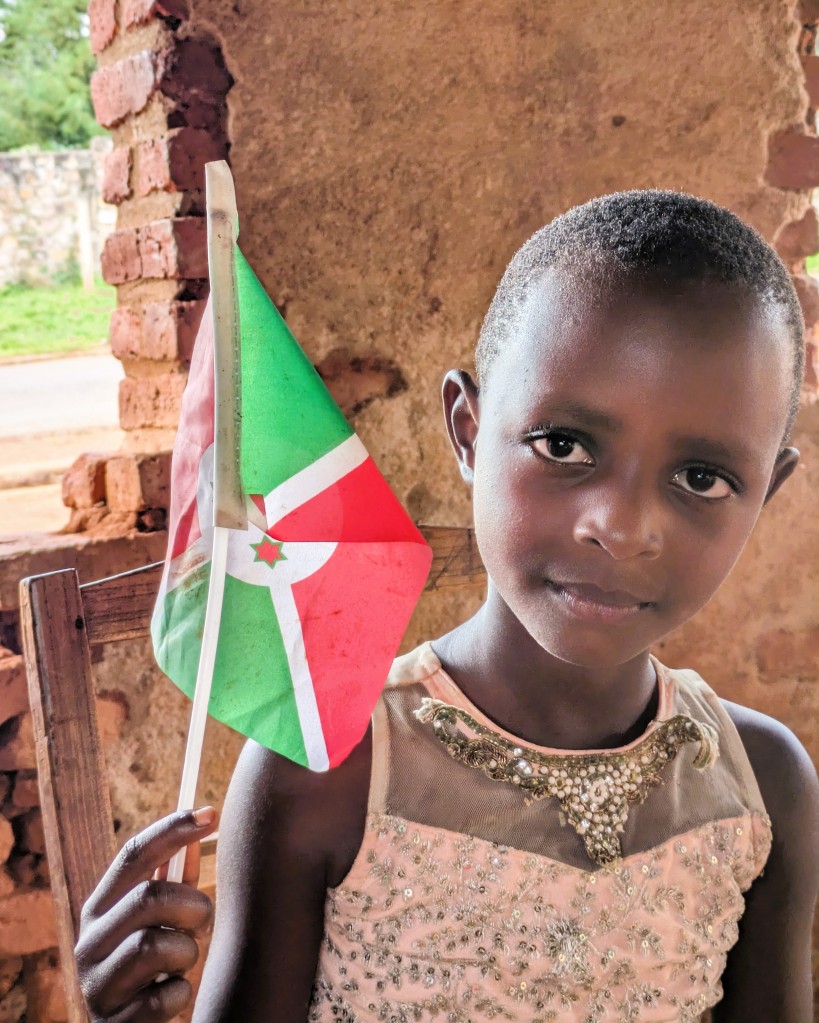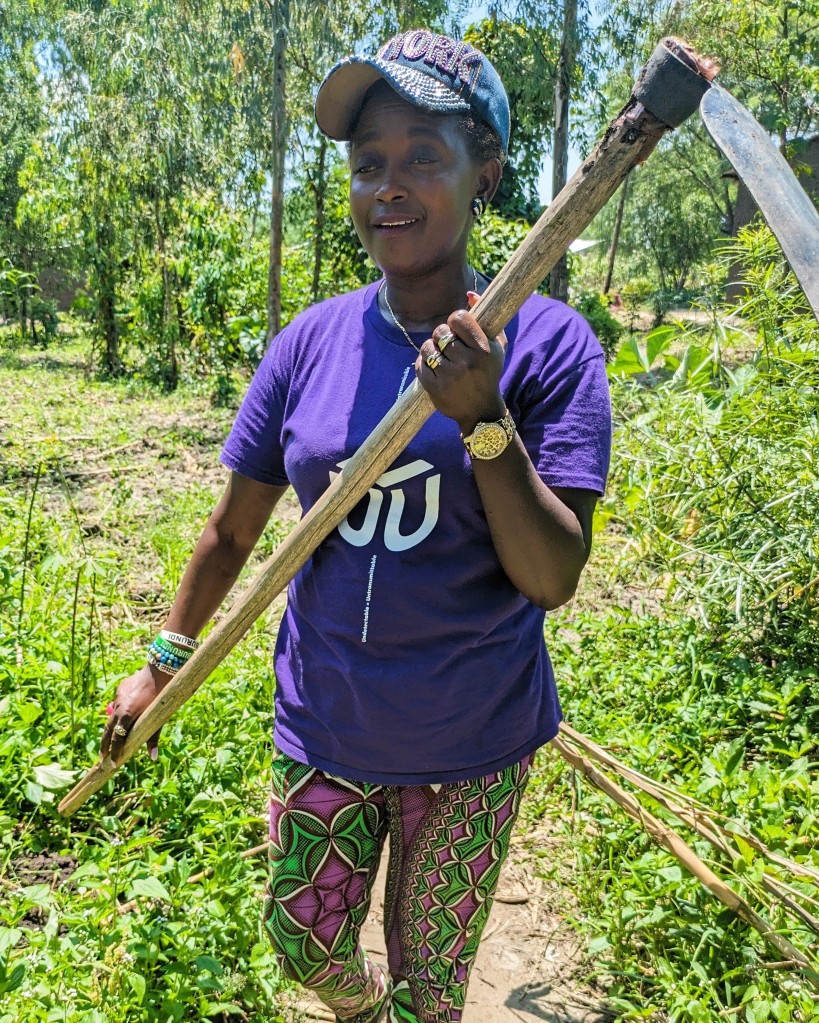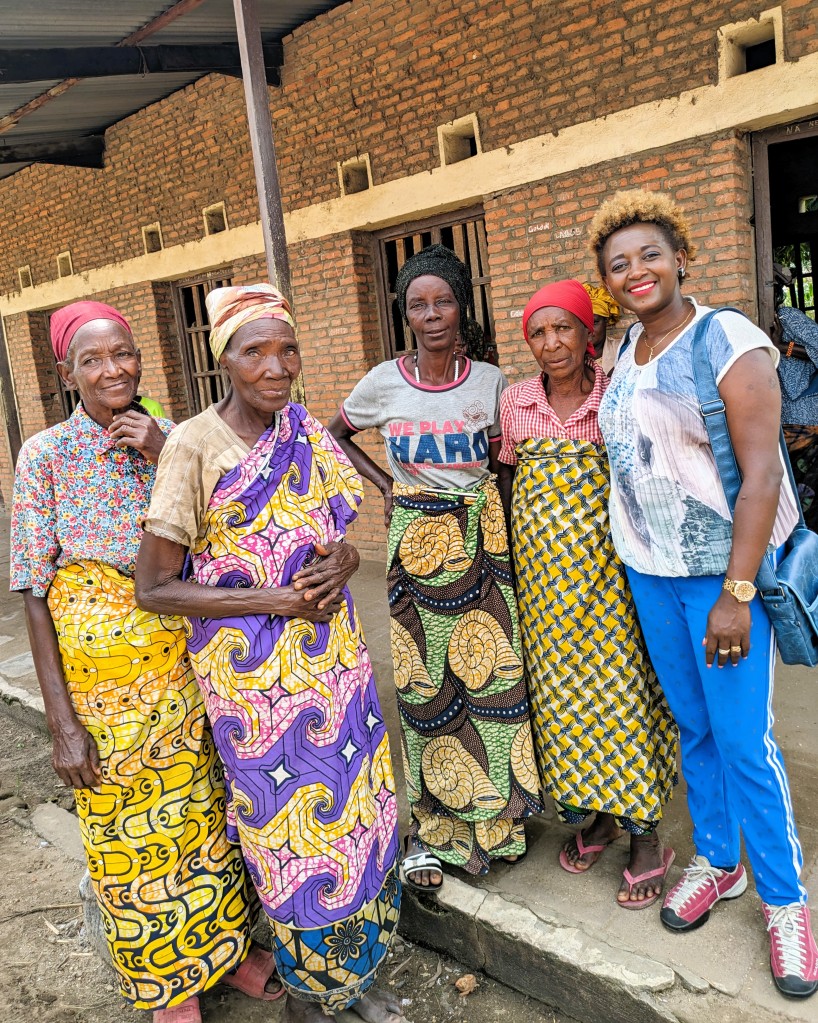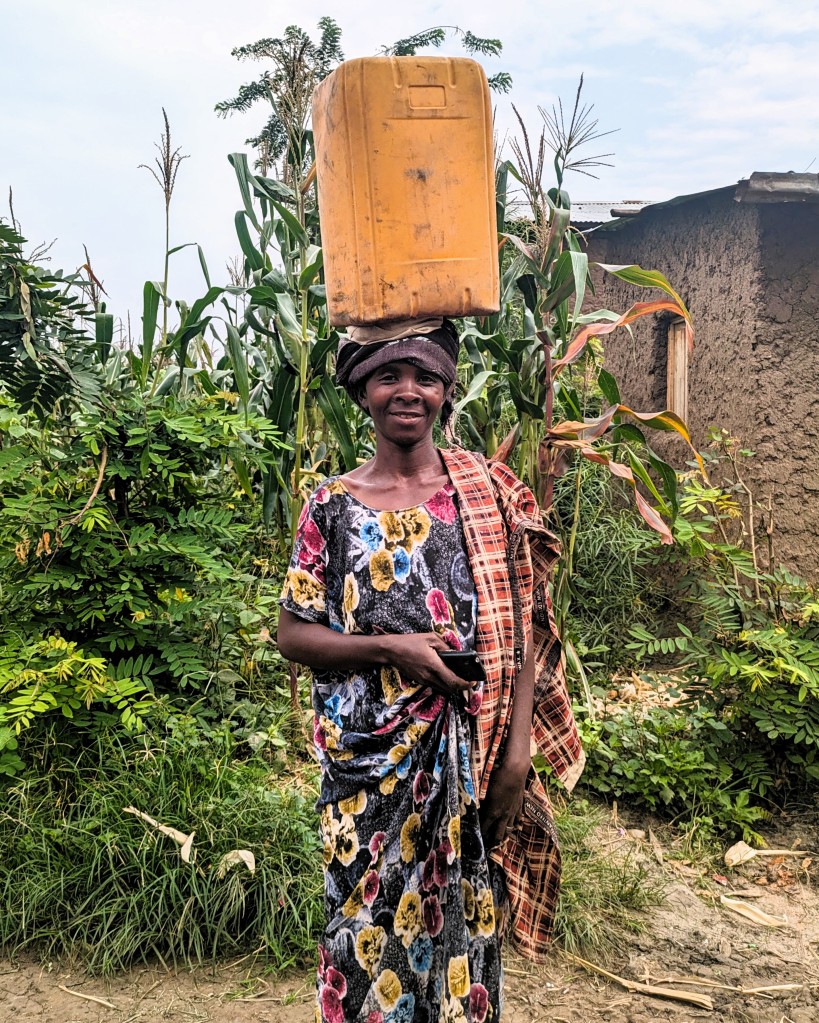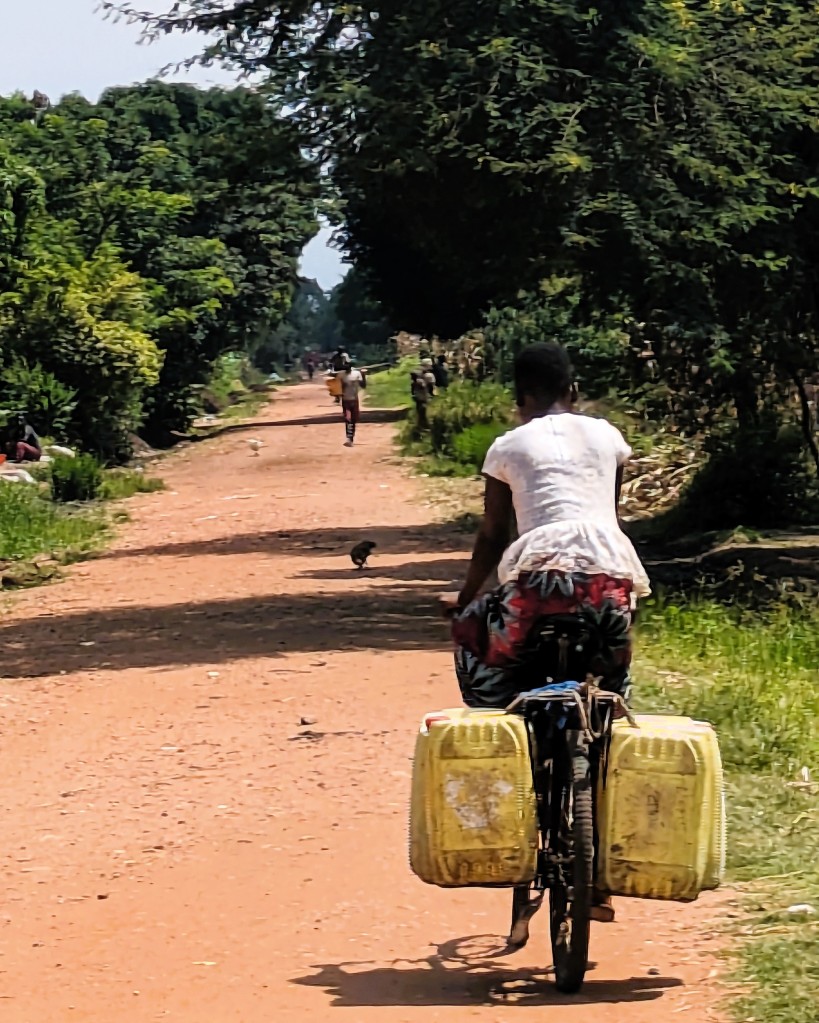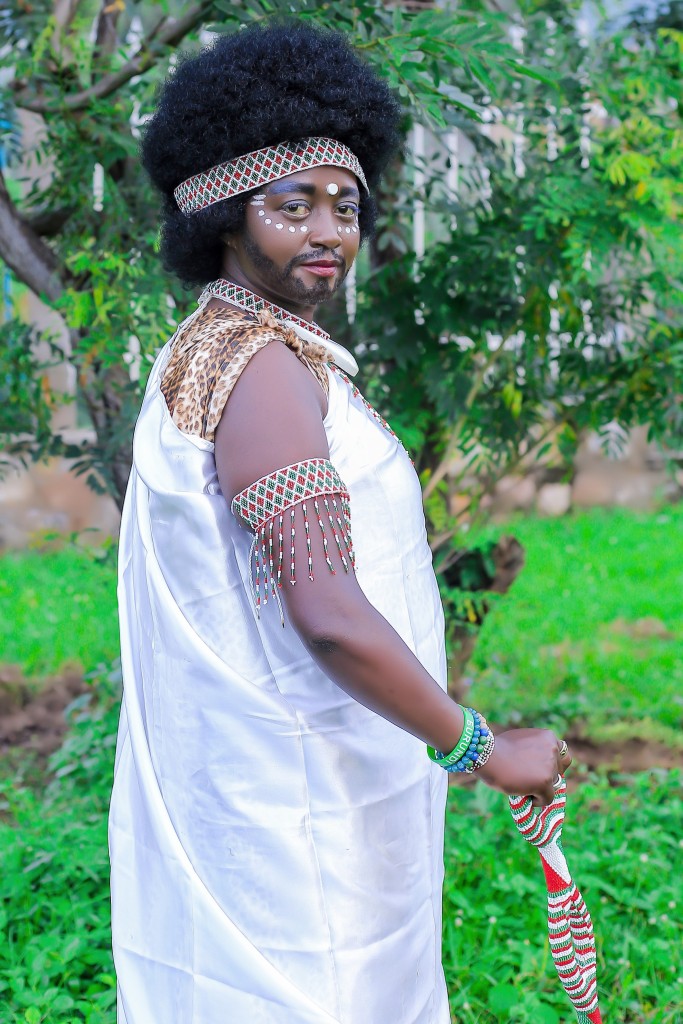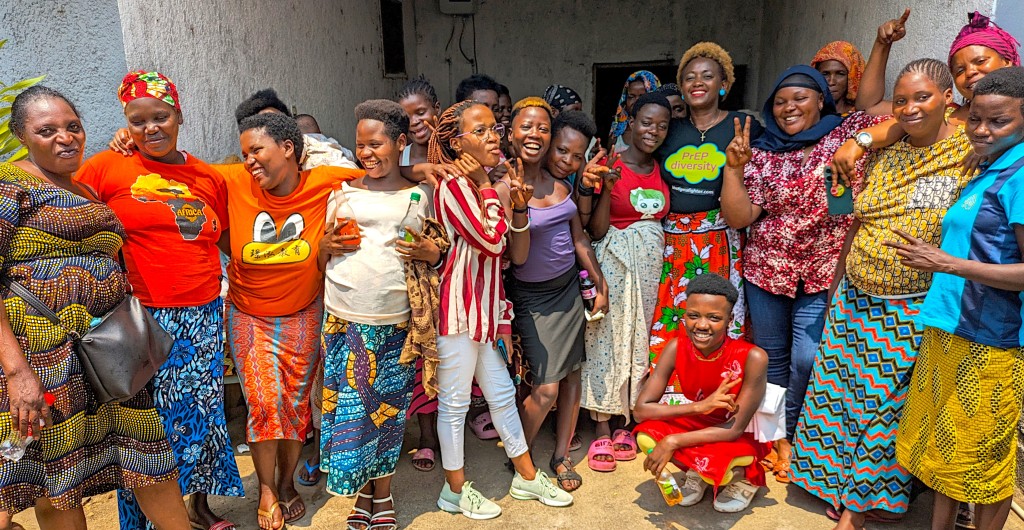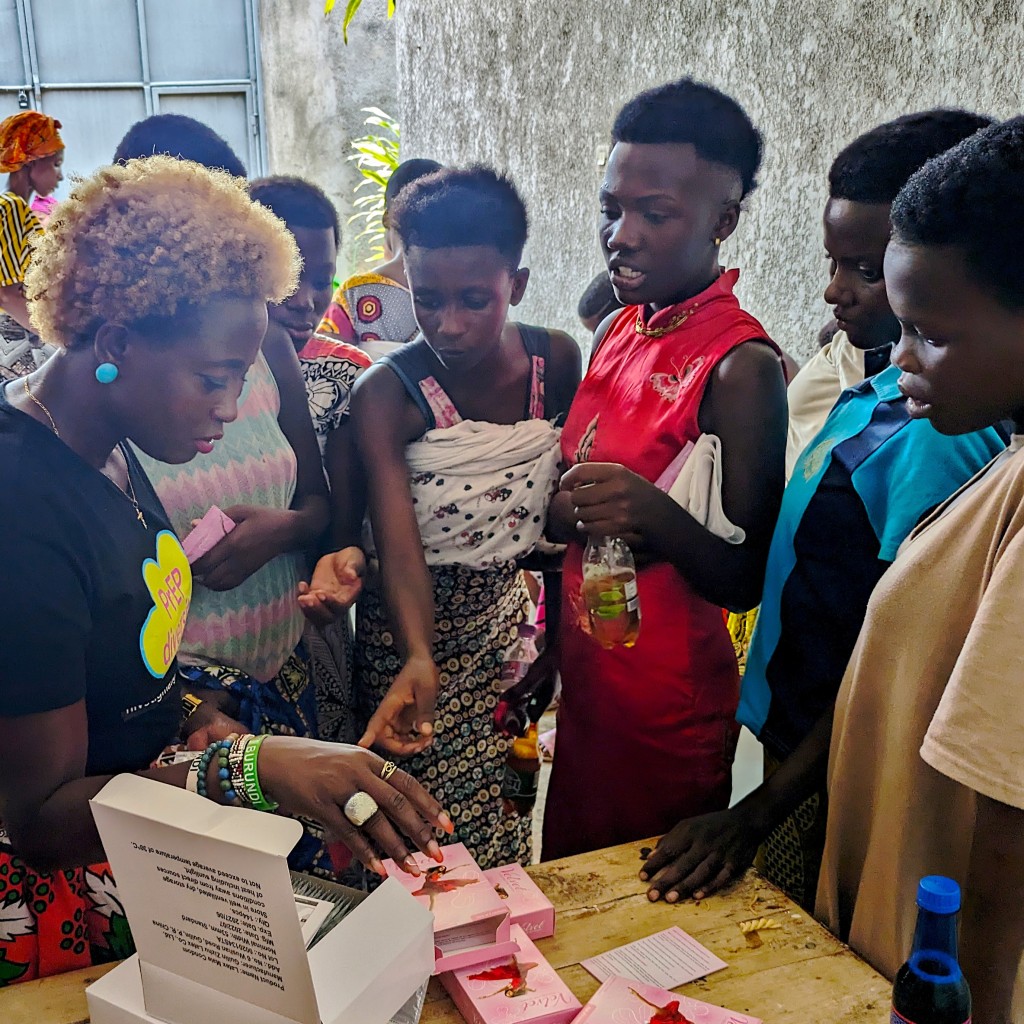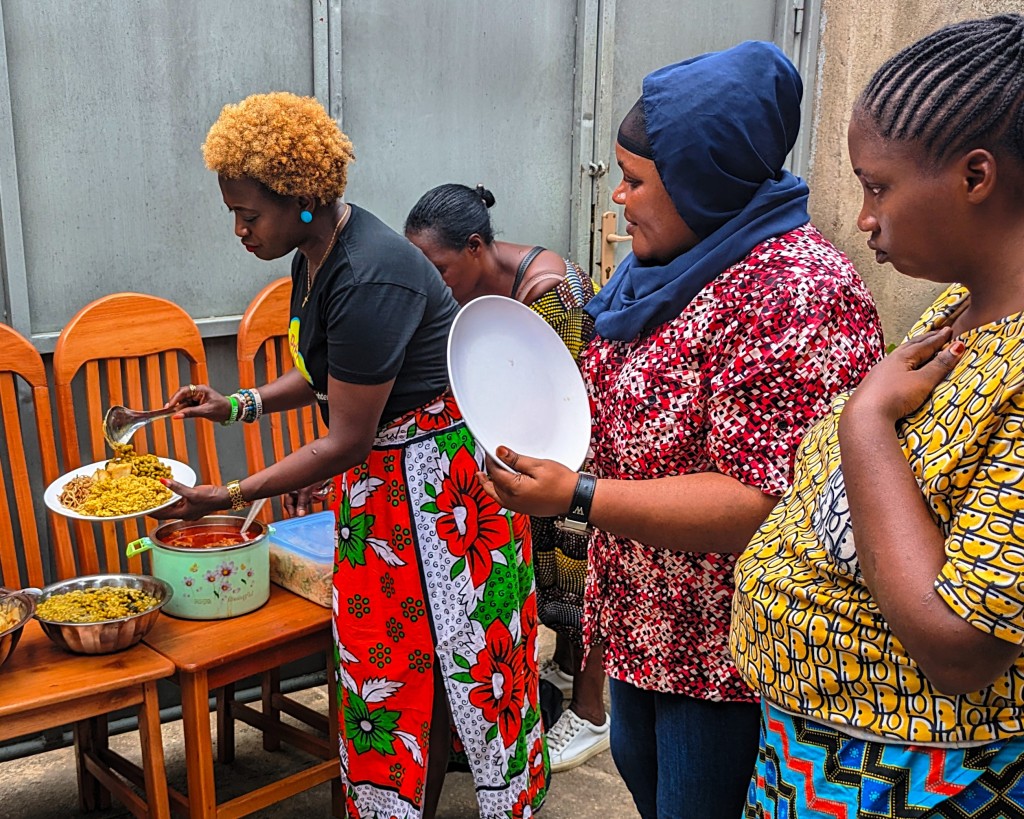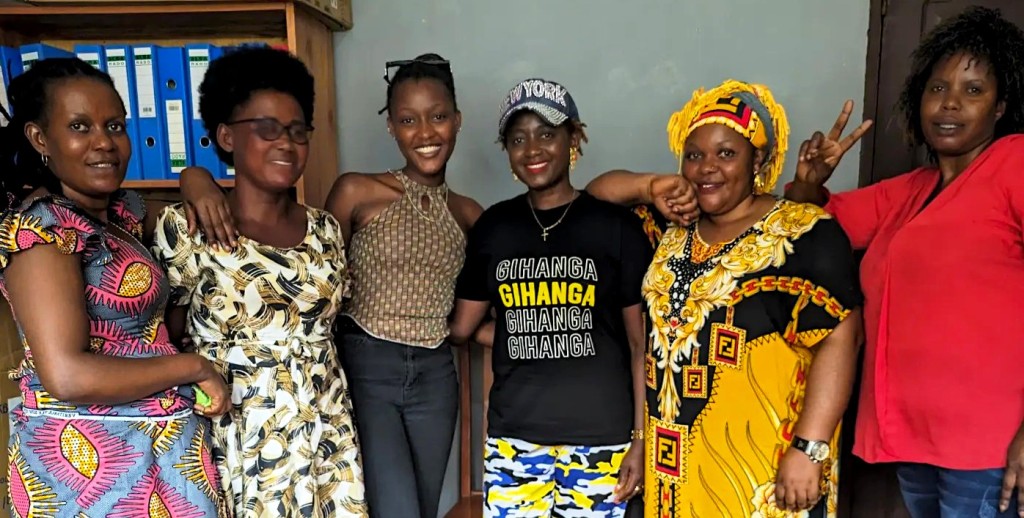My lovely people how have you been? I was visiting my beloved country in January and part of February this year. While visiting many places and interacting with many people, I realized the incredibly important place that women have in Burundian society.
We contribute so much to society; Early morning, even before breakfast time, women can already be found on the lands as farmers and when they are finished they will be making breakfast for their family. Just imagine, while for many of us the day hasn’t even started, many women in Burundi have already worked for three hours or more!
Walking the streets and markets of Burundi you will notice that most street sellers or market stall owners are women. They work hard to sell fruits, vegetables, fish, clothes, etc. They sell hair extensions on the streets and apply them to customers. While working, they will often take care of their kids, holding them on their backs or allowing them to play on the street.
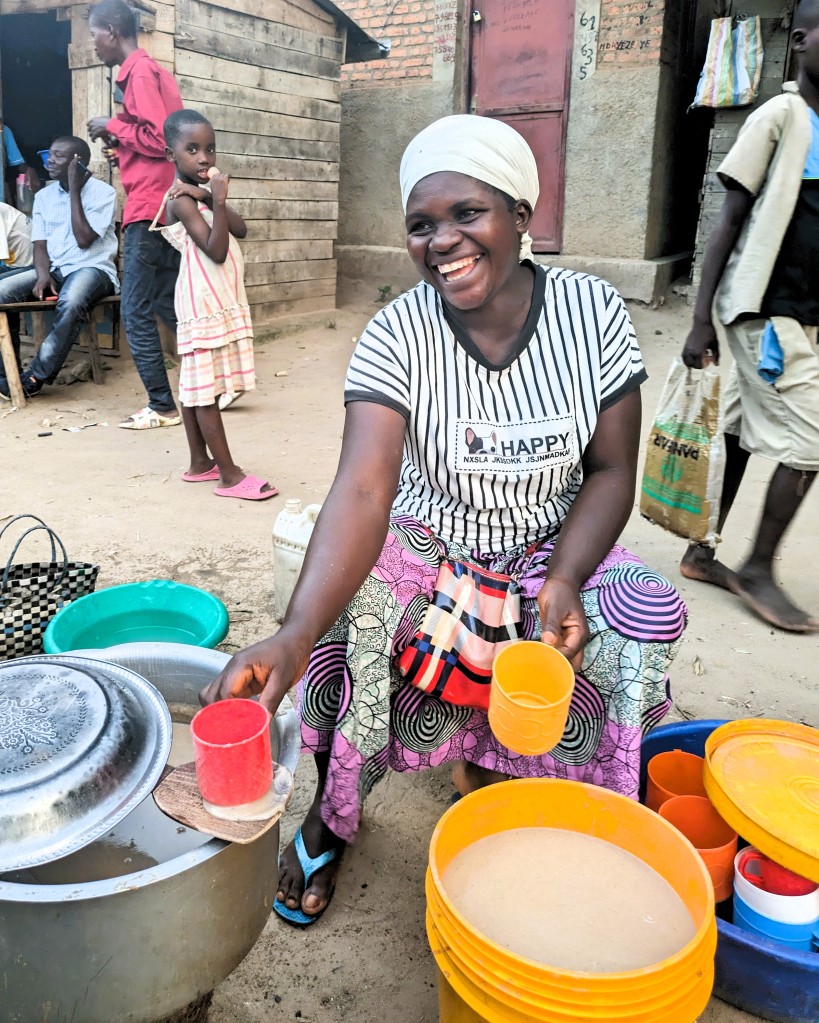
Meet Jeanine, a cheerful woman of Gihanga, selling porridge on the street. While enjoying her porridge I had an opportunity to chat with her, so I asked why she sells porridge at the end of the day instead of the morning when most of us eat our porridge. She replied that during daytime she is working on the fields as a farmer. Then, at the end of the day she makes time to sell her porridge to people who cannot afford to eat in a restaurant.
Renata is another great example of how a women contribute to a healthy society. In my hometown Gihanga access to clean water has been a problem for ages, even when I was young! Many women and girls walk or cycle for over 8 kilometres to fetch clean water for their family to drink. So, Renata was just starting her cycling journey, taking 6 containers of 20 litres each with her, while also taking her baby on her back. It does not matter how far or whether it is a hot or rainy day, this is what she must do to keep her family healthy.
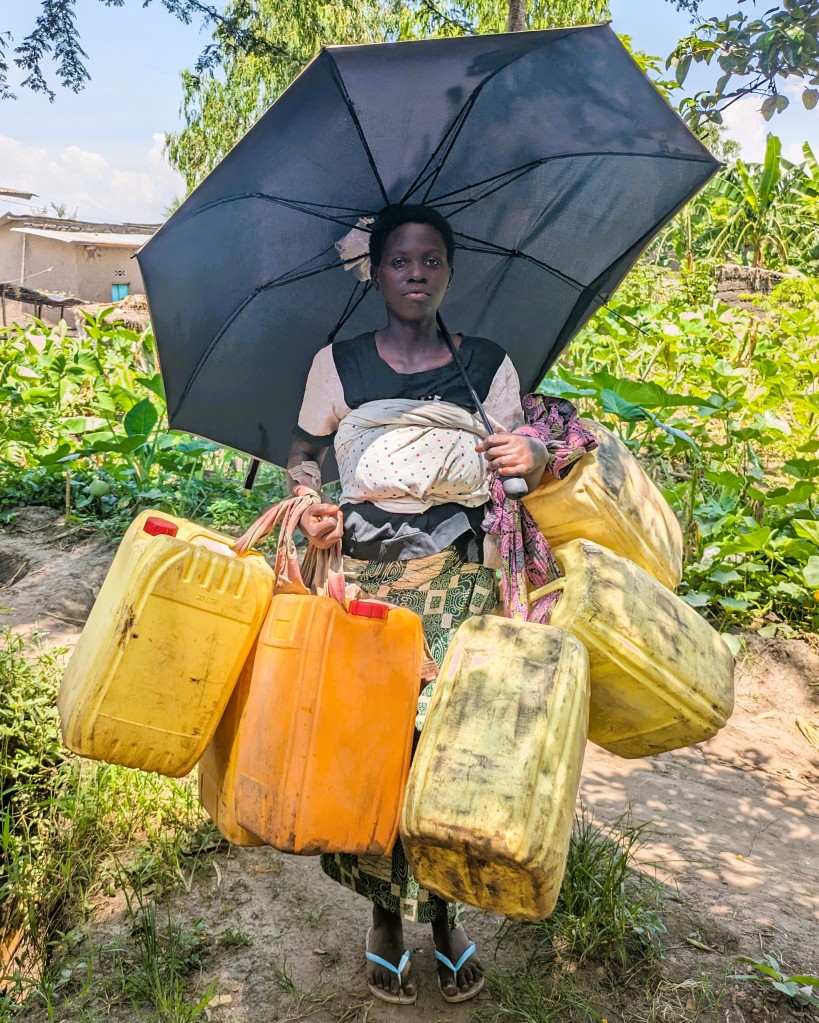
And if you think that Jeanine and Renata can wind down after a hard day of work, do not forget they will also be cooking meals for their family or selling a few small things in front of their doorsteps in the evening. They are real centipedes (maboko igihumbi in my language). Women like Jeanine and Renata understand the important role of women in Burundian society. They know their contribution to maintain a healthy and resilient family is essential.
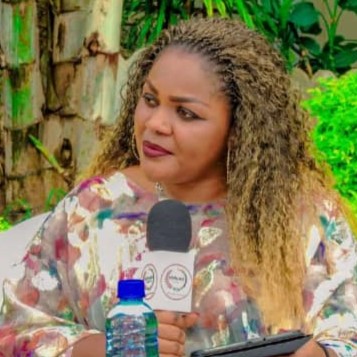
With International women’s Day around the corner, another shining star woman that I want to praise for her courage and dedication to fight for the rights of vulnerable women in Burundi is Evangeline Ngendakumana, the Executive Director of BAWA (Burundian Association for Women in Action). You can read more about the great work of BAWA, including on health & HIV prevention, in my previous blog. Always working hard to support so many vulnerable women and forge their equality in Burundi, she and her team are a truly great example of why we should accelerate investing in women like Evangeline and grassroots organisations working on women’s health & HIV prevention like BAWA.
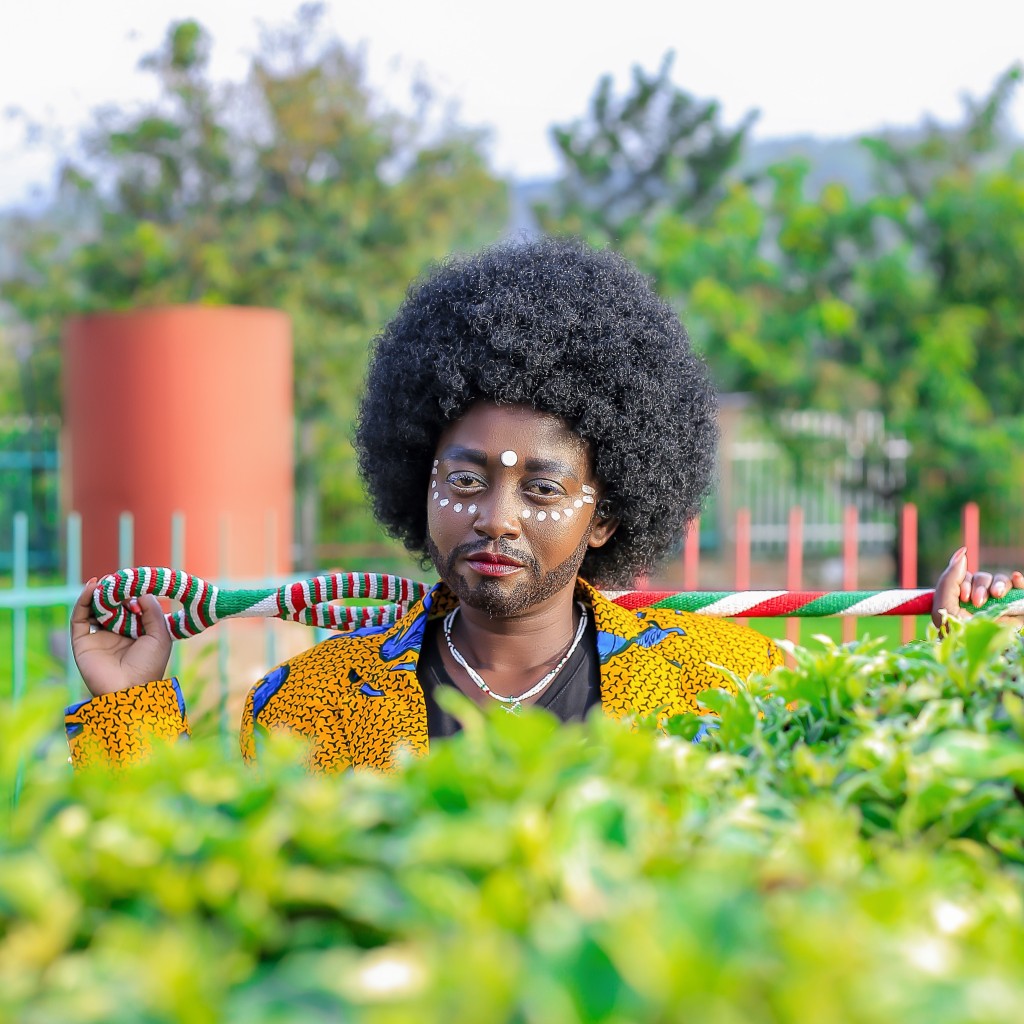
Lastly, as a Burundian woman myself, I hope I am also proudly contributing to empowering Burundian women and forging equality through my drag art as Eric the Dragking. Burundian women have many talents and we don’t need to stick to those men determine us to do. 23 years ago when I played the indonongo, a traditional instrument, as the first woman ever, I was told that it was only meant to be played by men. Today it has become normal for women to play the indonongo. We can do many things, the world is out there, let us discover it.
To those Burundians women who try to make a difference in our country and work hard for their families and contribute to Burundi’s economy, I salute you!
If you want to see some more women of Burundi contributing to a healthy society scroll down below for a slideshow…
Peace,
The proud Burundian,
Eliane

